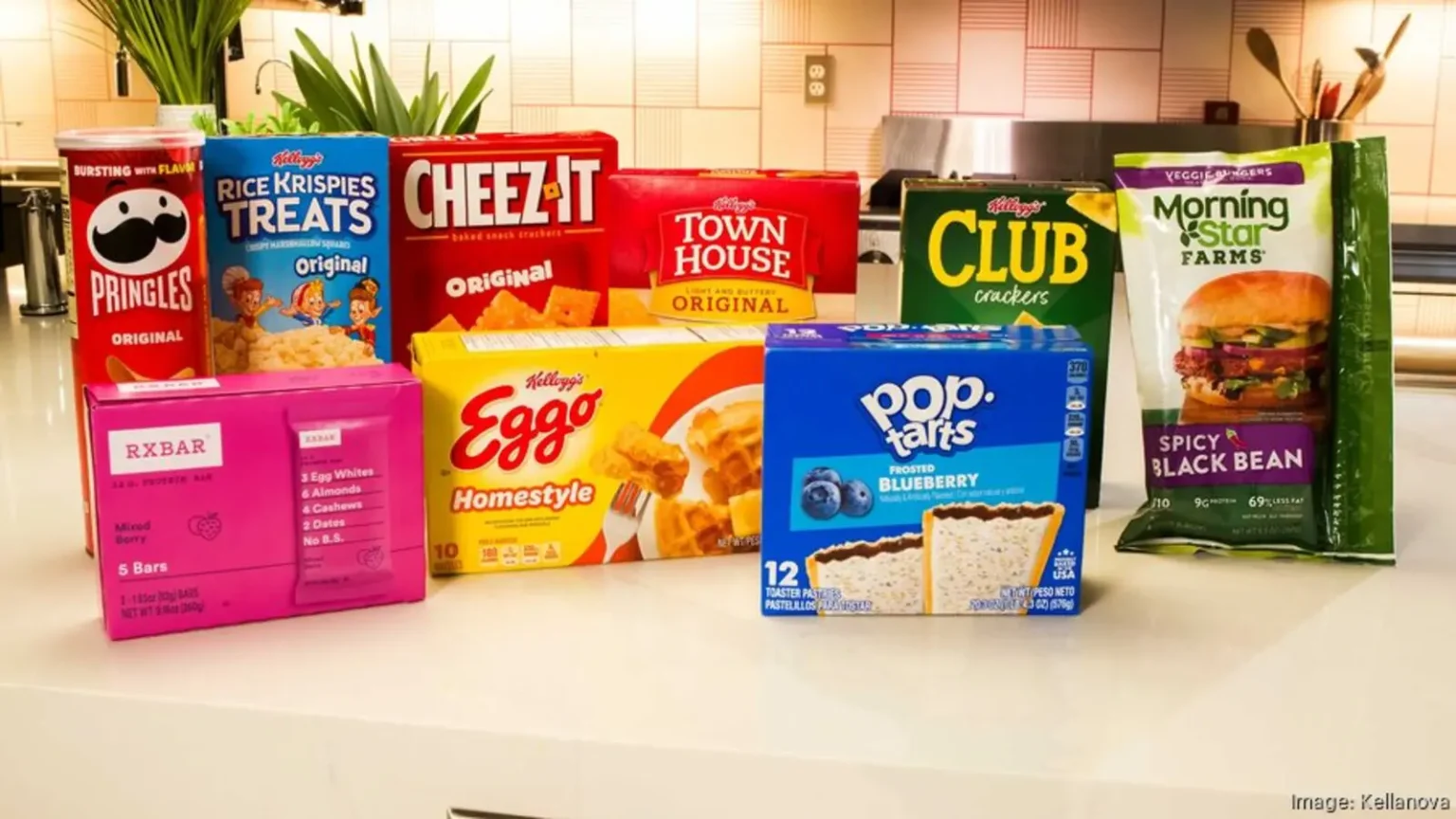M&M’s and Snickers maker Mars said Wednesday that it would acquire snack food business Kellanova, marking a multibillion dollar agreement set to result in a new industry giant.
The all-cash transaction would value Kellanova — which is behind snacks such as Pringles and Pop-Tarts — at $35.9 billion, including debt.
“In welcoming Kellanova’s portfolio of growing global brands, we have a substantial opportunity for Mars to further develop a sustainable snacking business that is fit for the future,” said Mars chief executive Poul Weihrauch in a statement.
The announcement comes as consumers feel the squeeze from rising costs of living, putting pressure on companies to rein in price hikes.
The move could also attract scrutiny from US regulators who have taken a tough stance on consolidations.
CFRA Research analyst Arun Sundaram said he expects antitrust attention given the size of the deal against the current backdrop of rising food prices.
“However, we think the deal will ultimately go through, given the limited category overlap between the two companies,” he added.
Kellanova CEO Steve Cahillane told CNBC both companies were in contact with US regulators and expected no difficulties.
“We have a chocolate factory. A chocolate factory can’t make Pringles,” Weihrauch added in the same CNBC interview.
“We’re not too concerned,” he said.
The acquisition for $83.50 per share in cash “accelerates ambition to double Mars Snacking in the next decade, in alignment with global consumer demand trends,” Mars said.
This would bring two new billion-dollar brands, Pringles and Cheez-It, into its business.
Already, the company said it has 15 billion-dollar brands.
“Snacking is a large, attractive and durable category that continues to grow in importance with consumers,” Mars added.
Kellanova had net sales in 2023 of around $13 billion, and it is present in 180 markets with some 23,000 employees.
Shares of Kellanova closed 7.8 percent higher in the United States.
“The acquisition of Kellanova unlocks a significant opportunity for Mars to meaningfully compete with iconic brands in the growing category of salty snacks,” said analyst John Oh of research firm Third Bridge.
Neil Saunders of GlobalData added that Mars has “virtually no presence” in the savory snacks category. But sales in the segment are growing at a faster pace than in confectionery, where Mars has a strong presence.
“With a 13.3 percent share of the worldwide confectionery market, it will become increasingly difficult for Mars to eke out further gains over the years ahead,” Saunders said. “The business needs to diversify.”
The Mars statement added that most of Kellanova’s snack brands outperform competitors, especially among Gen Z and millennial buyers.
The combined portfolio would also be suited to meet demand in fast-growing markets such as Africa and Latin America, given their supply chains and local operations, the company said.
The plan, according to Mars, is to grow Kellanova’s brands further.
The deal, which is anticipated to close in the first half of 2025, will need the green light from Kellanova shareholders and also will require regulatory approvals.
Mars plans to fully finance the acquisition via a combination of cash-on-hand and new debt, it said, adding that commitments have been secured.
Family-owned business Mars said it employs about 150,000 workers and has over $50 billion in annual sales.
Besides snacking and food products, the company is also involved in the pet care sector.
In 2022, Mars said it reached a deal to buy whole-fruit snacking brand Tru Fru. And two years before that, it announced its acquisition of Kind North America — which specializes in healthier snacks.
